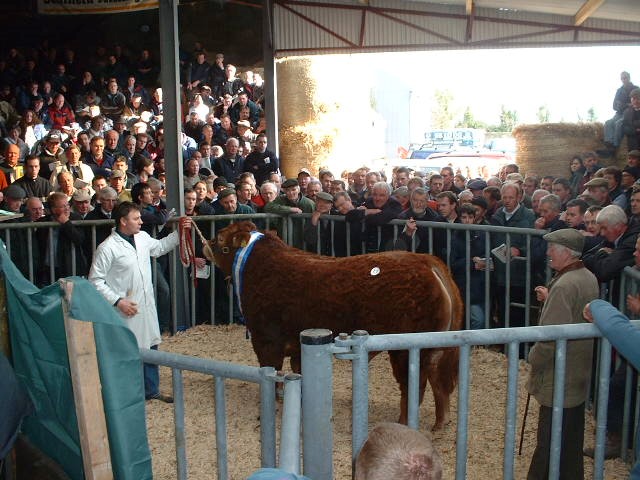“Anything farmers can do in terms of improving animal health will have a knock-on impact on profitability,” stressed Steven Conroy of the Irish Cattle Breeding Federation (ICBF) who was speaking at Slaney Foods’ animal health beef seminar on the role of genetics in Carlow this week.
“Every trait has some sort of genetic bases. In terms of health we are starting to recognise that. For every trait, we need to understand how heritable the trait is.”
He stressed: “Genetics is permanent. Once you use a bull on your herd today that’s going to have a long-term effect on your herd. Especially if you’re keeping heifers for replacements. The decision you make today will have an impact down the road.
“Good genetics will lead to good results at the end of the day,” he added.
Conroy drew comparisons with developments in the EBI on the dairy side and recalled research which showed ignoring fertility in favour of milk production in the past was found to cost the industry €800m. He asked: “What is the cost of ignoring health?”
He noted fertility is a lowly heritable trait whereas with health some of the traits are substantially higher.
On BVD he said it was a heritable trait and outlined a recent study on AI bulls where their progeny examined for prevalence of BVD. “It found that one sire in particular, 19 per cent of his progeny, became susceptible to BVD,” he said. “So there are trends there that we are starting to see. Heath and disease traits have a genetic bases and genetics has a strong role to play in addressing animal health at farm level.”
Conroy outlined that the ICBF are in the process of developing robust indexes covering the main diseases.
“We will have enough information so we can actually create indexes that will show if animal is susceptible to each disease and their ability not to contract it. We are going to apply economic values to these diseases. There’s a bit of work involved in getting this information on how certain diseases affect profitability on farm.”
Conroy outlined ongoing work its research centre in Tully, Co Kildare, on the progeny of AI sires.
In terms of animal health he cited some interesting results on Liver Fluke. “On a recent batch of 46 bulls slaughtered, 38 of the batch came back clear for health issues. But eight were found to have chronic or damaged Liver Fluke,” he said.
He noted there could be other elements at play and this is only raw data. “However the figures from these animals showed that their performance during their time at Tully was much lower that the non-affected animals. They had lower daily live weight gain, lower feed conversion efficiency and poorer kill out,” he said.
Conroy estimated that at a beef price of €4kg these animals affected by Liver Fluke were leaving €92 less, demonstrating the impact of bottom line on health.
